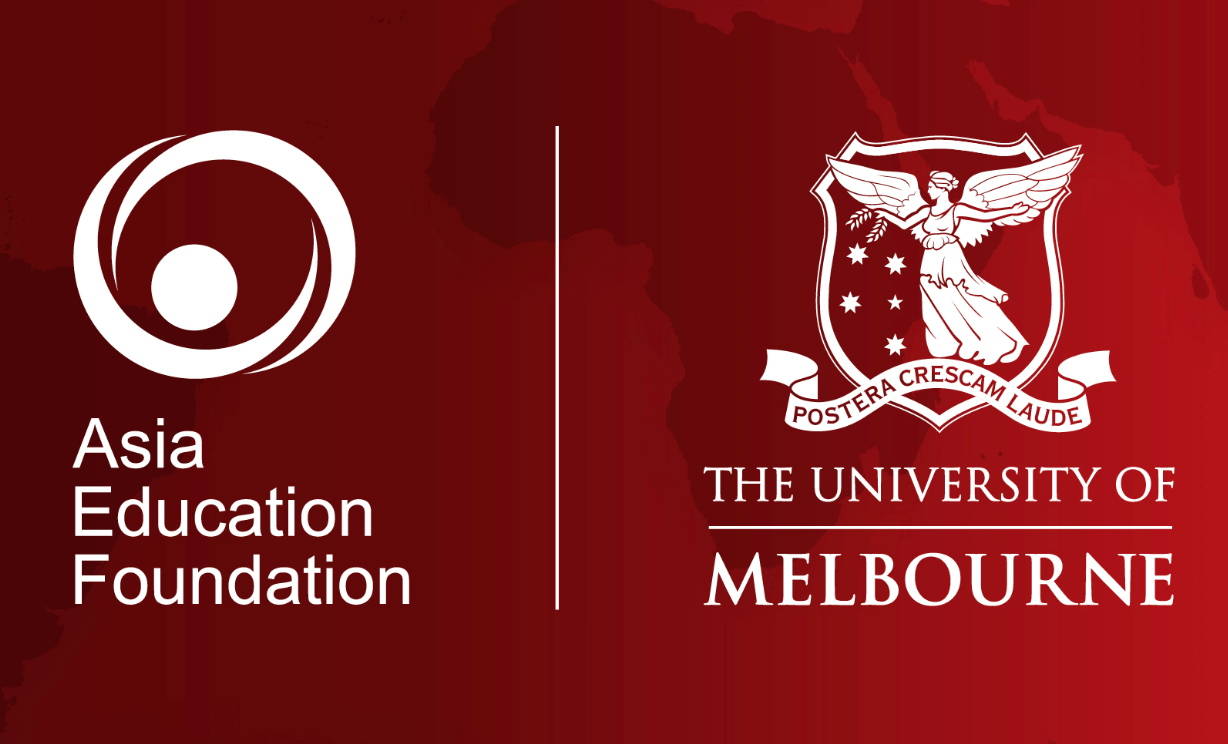Powerful learning and cross-cultural engagement can occur online via live chat, video, multimedia story-telling and blogging, online social gaming, and participation in e-communities.
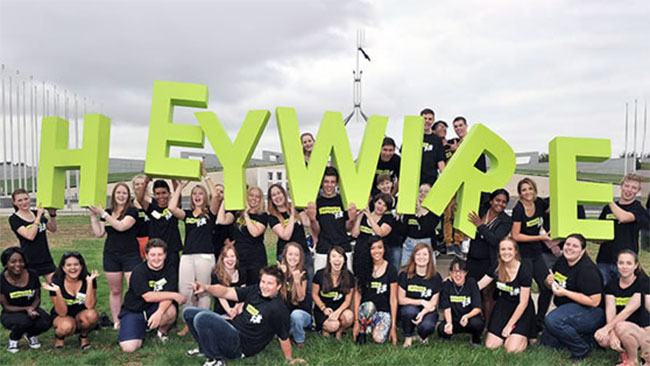
ABC’s ‘Heywire’
Heywire is an online space for young people from regional Australia to share their stories via audio, text, photos or film. Over 7,000 young people have submitted stories about their lives to Heywire. These stories are searchable by 42 different categories, including “Indigenous”, “Small Town Survival”, and “City vs. Country”. Winning stories are heard throughout the ABC network – on triple j and nationally on Radio National, via ABC online and through social networking spaces.
For more information, visit ABC’s ‘Heywire’.
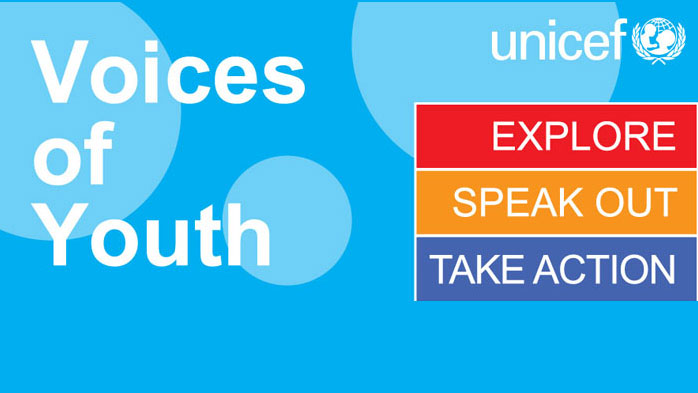
UNICEF’s Voices of Youth
Voices of Youth digital diaries is for young people interested in discussing and learning about major social issues, such as the environment, HIV and AIDS and human rights. The site includes first- person/eyewitness accounts by young people in conflict zones around the world, as well as resources and articles on ways to share and contribute to the global discussion.
For more information or to contribute to the global youth forum, visit the UNICEF’s Voices of Youth website.
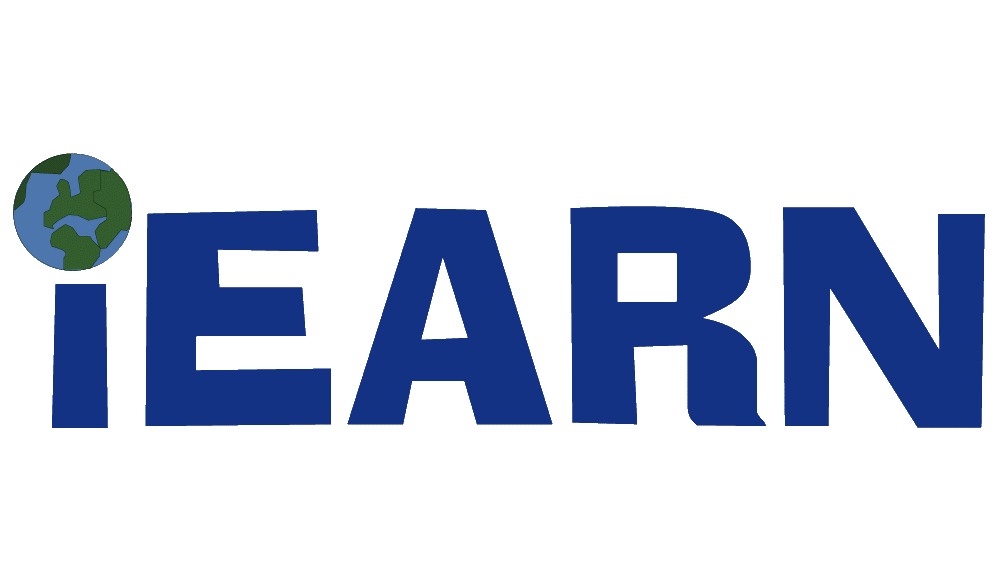
iEARN International Education & Research Network
“iEARN” is the world’s largest non-profit global education network, made up of over 30,000 schools and youth organizations in more than 130 countries. Teachers and young people work together online – over 2 million students each day are engaged in collaborative project work worldwide.
For more information, visit the iEARN website.
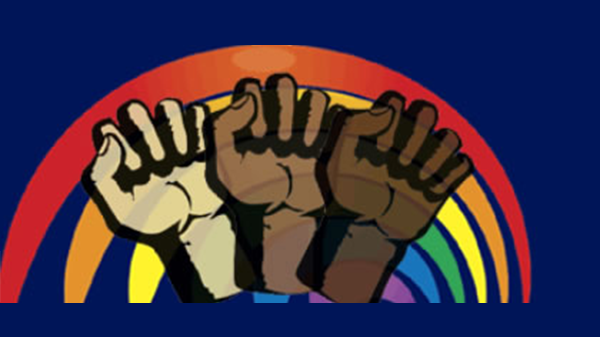
‘MCP’ Critical Multicultural Pavilion
MCP is an email discussion forum on multicultural education with over 900 participants from around the world. Students and educators discuss issues of equity, social justice, and the transformation of schools and schooling, and exchange multicultural education resources.
For more information, visit the MCP website.
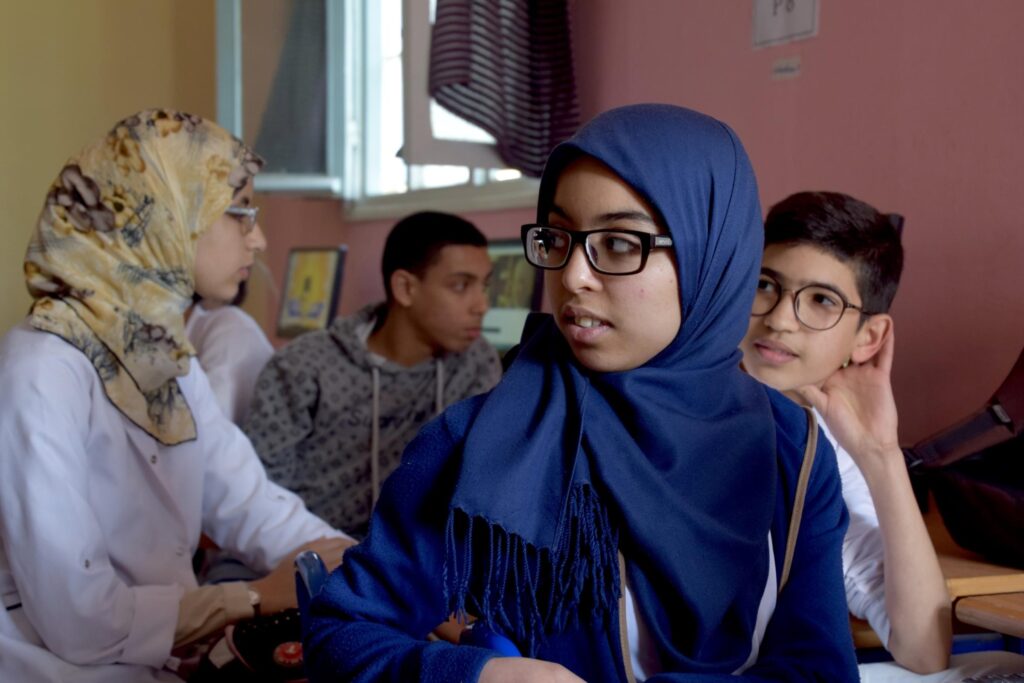
Global Nomads Group
Global Nomads Group (GNG) interactive video conference programs for schools delve into highly complex issues like the Israeli-Palestinian conflict, 9/11 and the war with Iraq, connecting students in classrooms in the related countries. GNG participants can also explore cultural sites thousands of miles away, such as the ancient city of Petra in Jordan and the Mayan ruins of Copan in Honduras, while meeting and speaking directly with the young people living in those locations.
Teachers and/or schools must purchase a membership in order to participate in the programs ($300-$1000 per year), or they can pay to observe or participate in one-off events ($75-$300, depending on the program and level of participation).
For more information, visit the Global Nomads Group.

